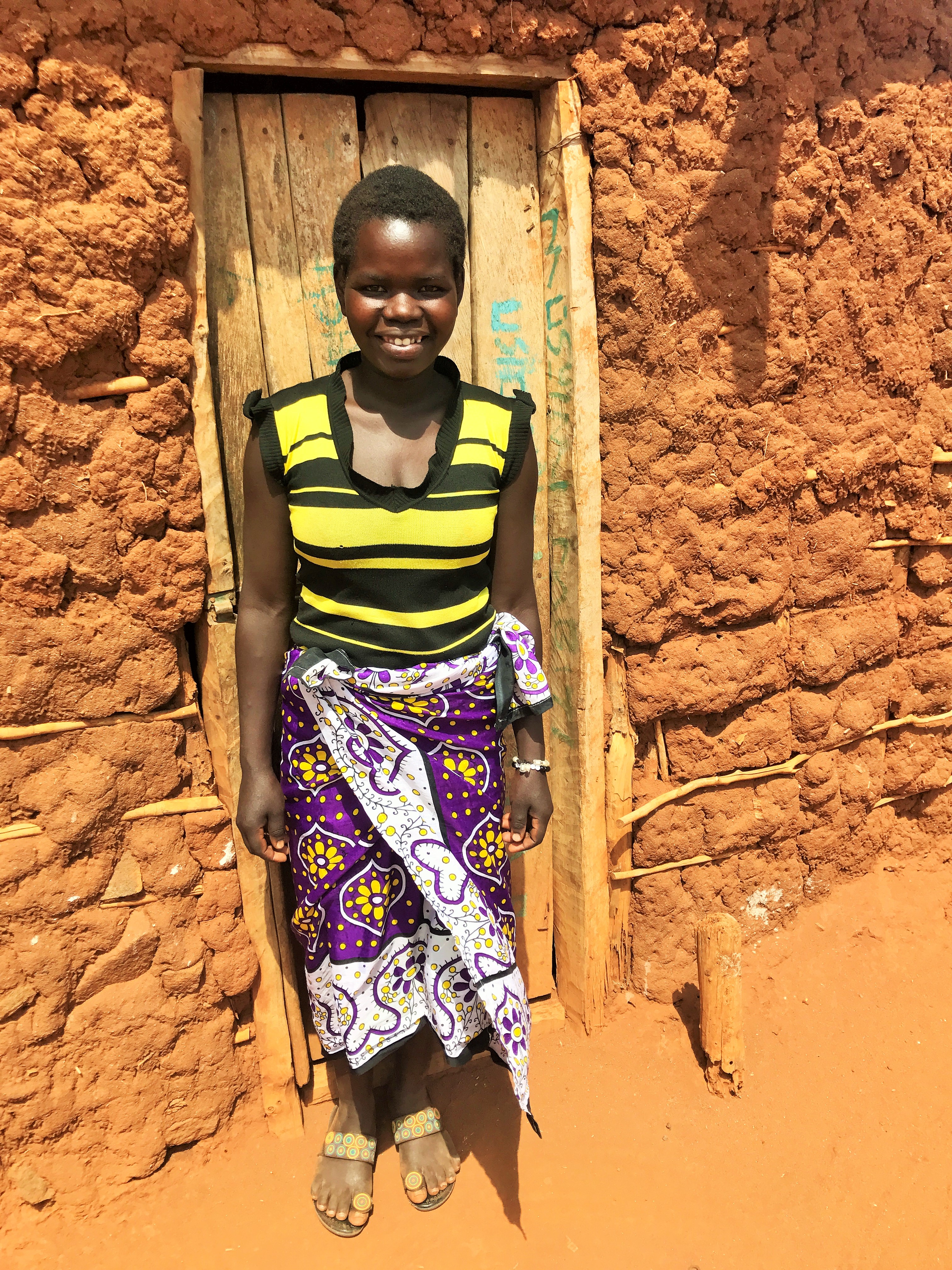The iron women of Kitui
Thursday, 22 Mar 2018

By Kate Hawkins
Kitui County, about 160 km east of Nairobi, was named by the Kamba iron smiths who settled there and means a ‘place where the iron goods are made.’ It’s is a mixture of highlands and lowlands with soaring hills and green valleys. But the lush areas of Kitui are deceptive, and rainfall in recent years has been inadequate. Drought and water scarcity is a major challenge for an area where most are reliant on subsistence farming.
Although Kitui has several hospitals and health centres, many citizens live in remote villages that are far from healthcare facilities. To increase access to primary healthcare services among such citizens, Kitui County organises a team of Community Health Volunteers, like Carol Mutua, who go door-to-door checking on their neighbours and referring those who need care to nurses and doctors.
One of Carol’s neighbours is Celestine Katui, a 23-year-old living in Kalooi village. Celestine spends her time looking after her children and growing crops to feed the family such as maize and green grams. When Carol visited, Celestine was in the middle of her fifth pregnancy. While she had two beautiful children – Elisa and Jeremiah – she had also lost two babies during childbirth. These births had been overseen by traditional birth attendants, who are common in Kenya despite the availability of free maternity care. Celestine was reluctant to use them again given the disastrous experiences that she had previously.
Fortunately, Carol could refer Celestine to care at Kaliku Health Centre, four kilometres away, using a Ministry of Health referral form provided by the USAID SQALE program. As a result, Celestine’s child was delivered in the hospital for free.
Community Health Volunteers are supposed to be equipped with referral forms which link women to antenatal care, skilled delivery services and other essential health services for their families. Referral forms also allow the health system to track women’s progress. However, the reality is that there are various bottlenecks and barriers which prevent the forms from reaching Volunteers, community members and facilities. As a result, women can be lost to follow up and may make their own arrangements for when they give birth within the village.
The USAID SQALE program is working with local community Work Improvement Teams to help them identify and overcome challenges related to supervision of volunteers, the quality of data they collect, and the referral system between communities and their healthcare facilities
Celestine’s healthy young child continues to thrive. Carol provides follow up visits to check how they are progressing.
When we say people have the character of iron we mean that they have great strength, hardness, or determination. These qualities are apparent in Kitui born, Celestine and Carol. They are two women who are overcoming challenges to improve the health of the new generation. They deserve to be both celebrated and supported, which is what the USAID SQALE program will continue to do for them and many women like them across the country.